THOUGHTS, INSIGHTS, AND PERSPECTIVES.


Gene Baker’s d-Nav Experience
Gene Baker has lived with type 2 diabetes for 20 years. He has used multiple medications and combinations of therapies to treat his condition over this period of time.

Overcoming Therapeutic Inertia; what does it mean for us?
The American Diabetes Association (ADA) defines therapeutic inertia as “a delay or inaction to initiate or intensify therapy when glycemic treatment goals have not been met.”

Hope’s d-Nav Journey
Hope has been using d-Nav consistently for nearly a year. She credits a new-found therapy adherence to d-Nav’s ease of use and provider support.

Autonomous Insulin Dose Adjustments: A Game-Changer in Type 2 Diabetes Care
Diabetes affects more than 37 million people in the U.S. and increases their risk of early death by 60%.1 Numerous clinical studies show that the maintenance of glycated hemoglobin (HbA1c) at about 7% prevents complications, slows the disease progression, and prevents premature death. Despite advances in pharmacotherapy, most patients with long-standing type 2 diabetes progress…

What HbA1c level do I need to aim for?
If you have diabetes, you have most likely heard that you should aim for an HbA1c measure of 7 percent or lower. But what does this really mean? HbA1c is a measure of average glucose over a period of about 2-3 months. It essentially evaluates how much glucose binds to your hemoglobin. Since red blood…
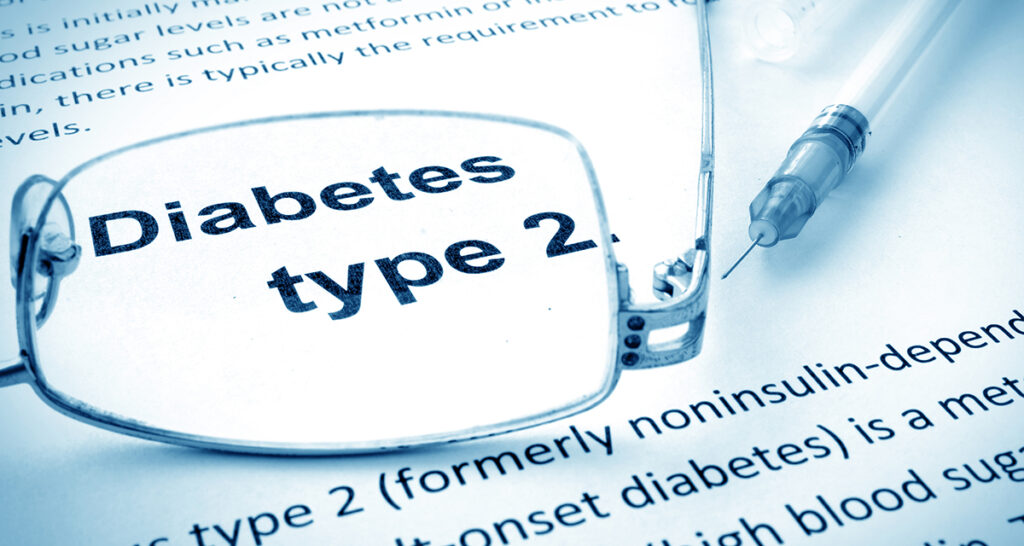
What to pay attention to if you’re newly diagnosed with type 2 diabetes
If you were just diagnosed with type 2 diabetes, you may wonder what you need to know. The answer is not simple. Diabetes is a complex disease that changes its course over time. Here are the key points that would be useful to know when you are newly diagnosed. First, it is not your fault,…
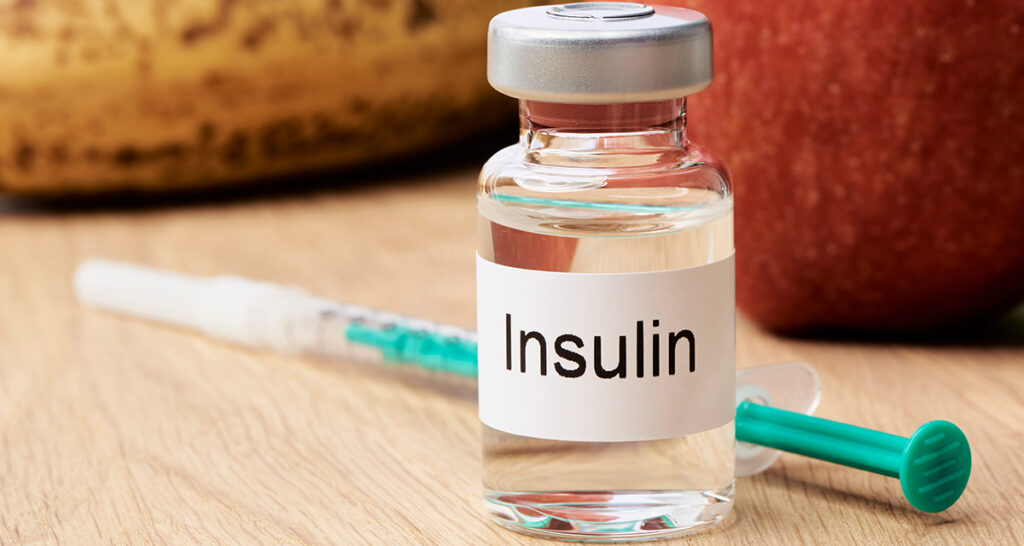
If I have type 2 diabetes, will I ever be able to stop taking insulin?
Diabetes is a condition of insulin deficiency. This means the pancreas does not secrete enough insulin. Most patients with type 2 diabetes will require insulin injections at some point. There are two situations in which insulin therapy is initiated. First, surrounding the diagnosis of type 2 diabetes and second, when the patient has had diabetes…

Designer insulins versus human insulins; what is the difference between the two?
Insulin is a natural hormone that is secreted by the pancreas in two different ways. The first way, called ‘basal insulin’, is a constant secretion of the hormone at a low level. The second way is called ‘bolus insulin’. This happens when we eat, and the pancreas secretes surges of insulin to help transport the…
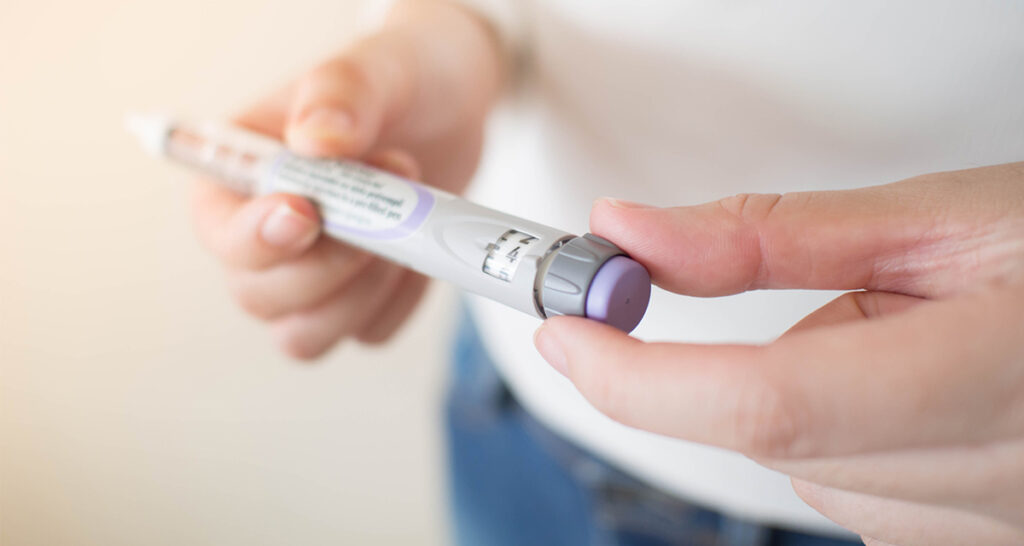
What does it mean when insulin requirements change?
Most patients with type 2 diabetes require insulin injections at some point due to the expected progression of their insulin deficiency. However, the number of units that they need per day varies. Sometimes, people mistakenly think that their diabetes is getting worse when the amount of daily insulin they need increases. But that couldn’t be…

Intermittent fasting: Good for type 2 diabetes?
For decades, different dietary interventions have emerged claiming to help individuals lose weight. Some have been proposed to also improve patients’ diabetes control. Over the past few years, intermittent fasting has become a popular weight loss trend. While there are a variety of plans, essentially intermittent fasting involves restriction of energy intake for several days…

Why Metformin?
Most of the 30 million patients with type 2 diabetes in the United States have used metformin during the early stages of their disease. It is an oral medication used as first-line drug for type 2 diabetes. What is metformin? Metformin is a synthetic modification of a molecule from the herb Galega officinalis, which has been…

Five Diabetes Myths That Must Go!
In my 16 years as a certified diabetes educator, I’ve worked with many people newly diagnosed with type 2 diabetes, and their families. There is much they don’t know about this complicated disease and much to be learned as we separate fact from fiction. Often, my patients blame themselves and feel guilt or shame with…

Insulin’s Next Century: Technology’s role in unlocking the power of insulin
One hundred years ago a group of Canadian scientists and physicians discovered insulin. Frederick Banting, J.R. Macleod, Charles Best and James Collip’s historic finding meant the difference between life and death for people with diabetes. Nearly a century later, Hygieia co-founder Dr. Israel Hodish published a paper1 in Clinical Diabetes and Endocrinology asking the question,…

Diabetes discriminates: Why one’s ethnicity can impact the likelihood of developing type 2 diabetes and suffering from its complications
Type 2 diabetes affects about 10% of the general population in the United States. Yet, it occurs in nearly 15% of the Native-American population, nearly 12% of the non-Hispanic black population, and nearly 13% of the Hispanic population, according to the American Diabetes Association. Why does type 2 diabetes impact some ethnicities and races more…
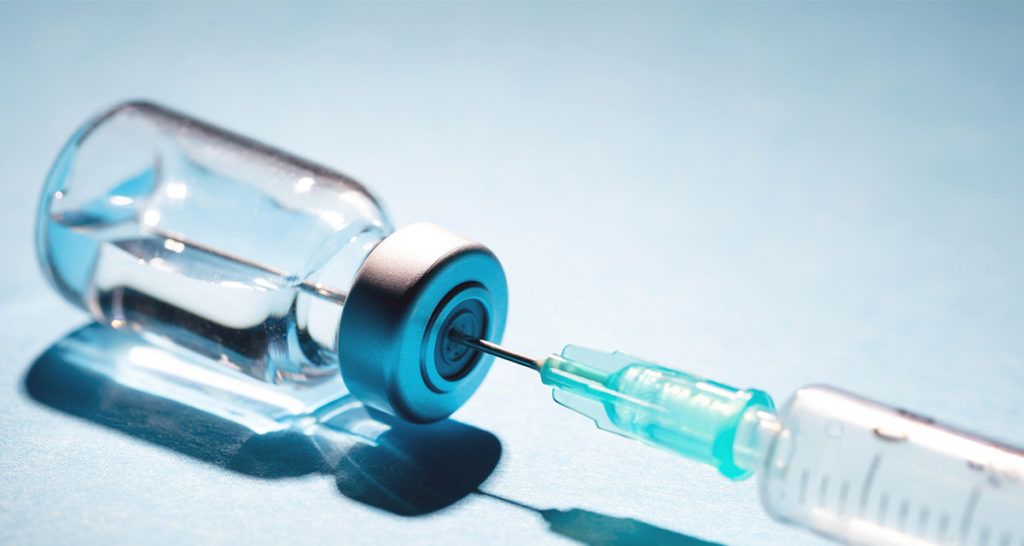
Insulin Therapy: The How and Why of Dose Changes
Most patients who use insulin therapy use it for type 2 diabetes. Type 2 diabetes is a progressive condition of insulin deficiency, which means that over time the body secretes less and less insulin. During the second decade of the disease, most patients require insulin injections because they become overtly insulin deficient and no longer…

Diabetes and heart disease: How to manage the risk
Although diabetes is a condition of the endocrine system, it also can affect many other systems in the body. For example, there is a strong link between diabetes and cardiovascular disease. In fact, cardiovascular disease is the most prevalent cause of death (mortality) and complications (morbidity) in diabetic populations. Cardiovascular death rates in the United…

What We Know About Type 2 Diabetes and the Covid-19 Vaccines
As the coronavirus continues to impact lives around the world, the promise of COVID-19 vaccines brings new hope. In the United States, two vaccines are already in use and more are in development. If you have type 2 diabetes, you might be wondering if you should get the Covid-19 vaccine when it becomes available. The…

Artificial Intelligence: Just what the doctor ordered
Medicine is the next industry where AI will replicate human decision making Just as the 2008 recession ushered in an era of unbridled innovation in financial tech, the effects of the COVID-19 pandemic are similarly accelerating a radical shift in medicine. In the last year, as COVID-19 overwhelmed hospitals and physicians struggled to deliver care…

Insulin Therapy and the Weight Paradox
Most patients with adult-onset diabetes or type 2 diabetes will require insulin therapy at some point. Typically, it happens toward the second decade of the disease. In many cases, patients gain weight during the first six to 12 months after they start insulin therapy. On average, people gain about 10 pounds. Interestingly, insulin therapy does…

Good Diabetes Management Does Not Have to Be Expensive
One of the complaints I receive from patients is that diabetes is just too expensive to manage. Medications cost a lot of money every month despite insurance coverage. It has been found that about one of every four insulin users rations their doses to reduce cost. You may find it surprising, but I believe that…
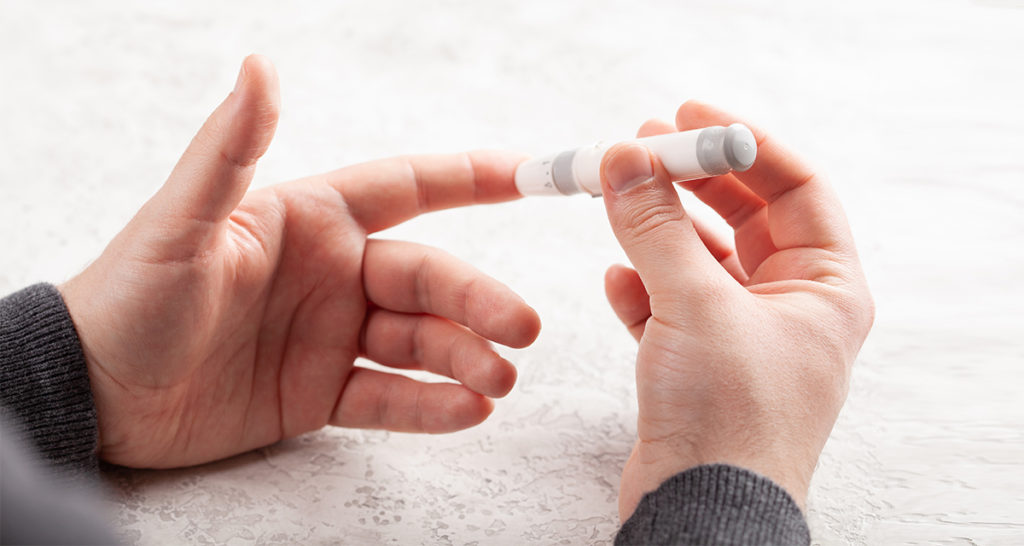
Poor HbA1c Control is a Medical Emergency
As an endocrinologist, I see many patients with long-standing type 2 diabetes. The typical first-time patient in my practice is a man or a woman between age 40 – 60, who has had type 2 diabetes for more than 10 years, is being treated with four different medications (some of which belong to new classes…

Six Years Later, Our Vision is Still the Same
Northern Ireland, where Hygieia has a wholly owned subsidiary of which Bashan is managing director. His topic: inventions – specifically, what inventions must do to travel from concept to popular adoption. He was well qualified to speak on this, having just expanded Hygieia’s d-Nav® insulin management program from a small, independent project to an AI-powered…

Diabetes: Evidence Vs. Fiction – The Basics About Insulin Therapy for Type 2 Diabetes
If you have been using or considering insulin therapy for your type 2 diabetes, you may have experienced sentiments of remorse or hopelessness, because you think the fact that you have to use insulin constitutes some kind of failure. Don’t. And here is why. Diabetes is a condition of insulin deficiency and it is progressive….

Diabetes: Evidence vs. Fiction
In this time of COVID-19, what should people with type 2 diabetes be doing? If you have diabetes, then you are appropriately more concerned about your health than some others. Indeed, we know that patients with diabetes are prone to develop severe COVID-19 infections. Diabetes is a major risk factor for having severe infections whether…

